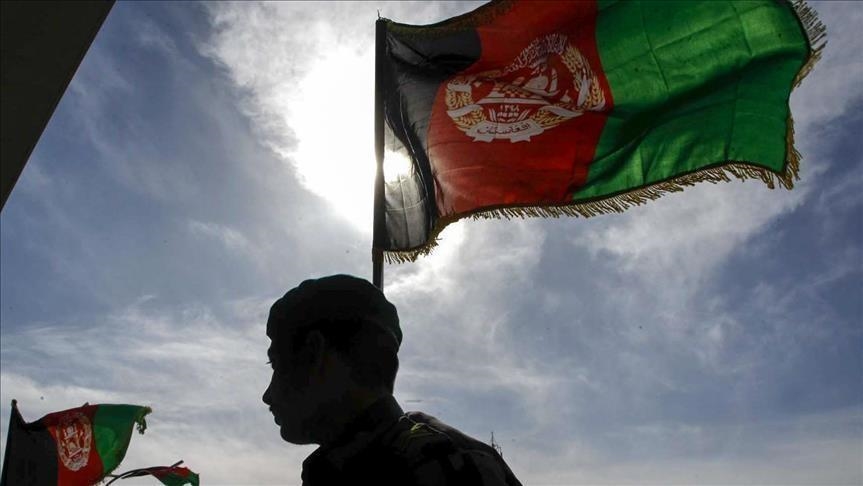ISTANBUL — October 28, 2025: The collapse of the Türkiye-hosted talks between Pakistan and Afghanistan was not due to a diplomatic breakdown but to internal fractures within the Afghan regime, according to people familiar with the process. From the first session, mediators observed that the Afghan delegation was not negotiating under a unified mandate, with separate instructions arriving simultaneously from power centres in Kandahar, Kabul and Khost.
The turning point came when discussions advanced to drafting written guarantees on action against TTP sanctuaries. While the Kandahar faction had privately signalled readiness to proceed, the Kabul-based bloc abruptly introduced a new precondition during a recess: that no agreement could be concluded unless the United States joined as a formal guarantor. The demand had never been raised in previous rounds and caught mediators off guard, who read it not as a security concern but as an attempt to reopen a financial track through Washington.
Chinese Counsel General’s Visit to Gujrat and Mian Akbar House
PM in Riyadh to attend 9th Future Investment Initiative Conference
Witnesses inside the room described visible disarray among the Afghan benches. A delegate repeatedly received handwritten notes from an off-table handler; another exited several times to consult by phone with Kabul. Following those calls, previously cleared clauses were reopened, timelines were dragged and agreed language was placed “under review,” signalling a deliberate stalling strategy until outside actors — including India and potential Western stakeholders — could be looped in.
Field Marshal reaffirms resolve to deepening Pak-Jordan ties
PM leaves for Riyadh to attend Future Investment Initiative
Solidarity walk taken out in Islamabad to express support with Kashmiri brethren
Mediators later assessed that the push to insert the United States was less about sovereignty and more about financial reinsertion: a US role could allow the Taliban to frame cooperation, revive conversations on assistance, and relieve pressure on internal factions through renewed inflows. In practical terms, the TTP file was being monetised rather than resolved.
Privately, facilitators from Qatar and Türkiye reached three shared conclusions: Pakistan’s demands were aligned with standing international counter-terror norms; the negotiations were blocked not on substance but on Afghan internal insecurity; and the Kabul faction in particular was steering the file toward Washington for financial leverage.The Istanbul round thus collapsed not because diplomacy failed but because the Afghan side arrived divided, attempted to pull the United States back into the process to reactivate funding channels, and treated the TTP issue as a bargaining asset rather than a security obligation. Mediators believe that unless Kabul resolves its internal contestation and stops converting militancy into political currency, further progress will remain unlikely.
Shehbaz Sharif felicitates Cambodia, Thailand on signing of Kuala Lumpur Peace Accord
Pakistan, Bangladesh recognize importance of strengthening bilateral ties
Sanam Marvi enthralls audience at Theatre de la Ville in Paris
Drug addiction grips IIOJK, youth falling prey to rising menace
IIOJK Cm’s resignation threat over statehood seen as political ploy
Stay tuned to Baaghi TV for more. Download our app for the latest news, updates & interesting content!






